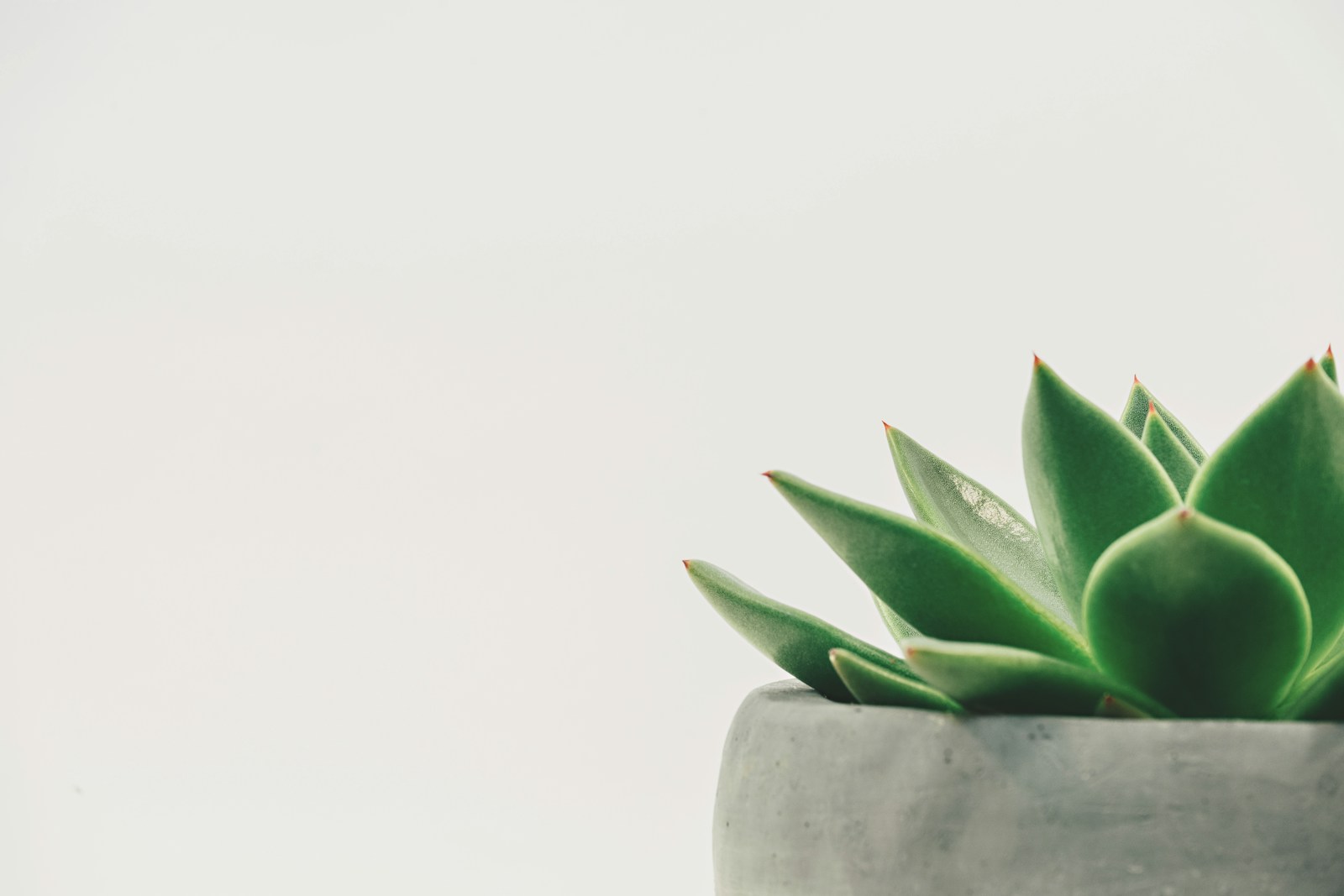
plante

plant
The word 'plante' in French is used just like 'plant' in English. It can refer to the act of placing a seed or plant in the ground to grow or the actual living organism that we know as a plant. The context of the sentence often tells you which meaning is intended.
Example sentences using: plante
Il a une nouvelle plante dans son appartement.

He has a new plant in his apartment.
This sentence is used when someone acquires a new plant in their living space. It might be used to discuss decoration or to indicate a shift towards a greener lifestyle.
La plante dans la cuisine est une herbe aromatique.

The plant in the kitchen is a herb.
This phrase is often used to point out culinary herbs which are cultivated in the kitchen for easy access while cooking.
Cette plante est très sensible au froid.

This plant is very sensitive to the cold.
The sentence is used to describe a plant's vulnerability to cold weather conditions. This can be used to advise on plant care during winter.
La plante produit de l'oxygène pendant le jour.

The plant produces oxygen during the day.
This phrase explains the process of photosynthesis, where plants produce oxygen during daylight hours.
Cette plante à fleurs rend le jardin plus beau.

This flowering plant makes the garden more beautiful.
This sentence conveys the aesthetic value of flowering plants in enhancing the beauty of a garden.
J'ai trouvé une nouvelle plante à ajouter à ma collection.

I found a new plant to add to my collection.
This phrase can be used when a plant enthusiast discovers a new plant to expand their collection. It indicates a passion for botany or gardening.
Ne touchez pas à cette plante, elle est toxique!

Do not touch this plant, it's toxic!
This sentence warns about a plant that is dangerous to touch because of its toxicity. It's a common phrase in discussions about safety around certain plants.
J'adore le parfum de cette plante après la pluie.

I love the fragrance of this plant after the rain.
This phrase expresses the speaker's appreciation for the scent given off by a specific plant after a rainfall. It can be used to highlight the sensory pleasures of nature.
La plante a perdu ses feuilles à cause de la maladie.

The plant has lost its leaves due to disease.
This sentence describes a plant that has been affected by a disease, causing its leaves to fall. It can be used when discussing plant healthcare.
La plante a besoin d'eau pour grandir.

The plant needs water to grow.
This phrase highlights the importance of water for the growth of a plant. In broader context, it can be used to emphasize the necessity of basic resources to flourish.